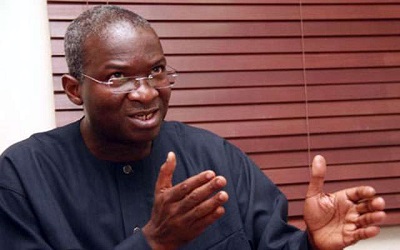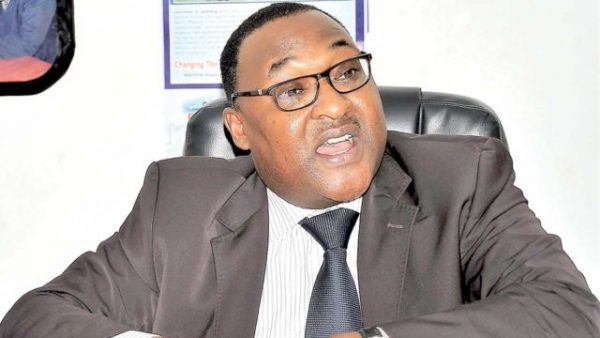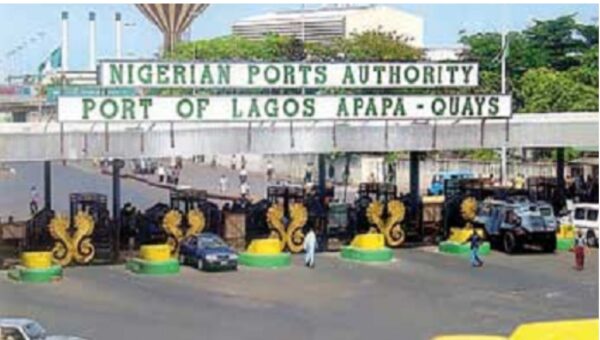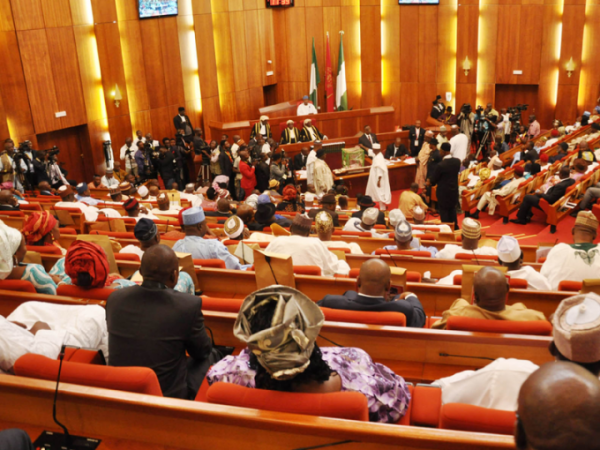
- Says NNPC solely bears difference in landing cost of fuel
The federal government Wednesday provided clarity on why the proceeds in the excess crude account (ECA) have remained stagnant despite rising oil prices, saying constrained production volumes had undermined rising crude prices.
The Minister of Finance, Mrs. Kemi Adeosun, provided the insight when she responded to questions from State House correspondents at the end of the weekly Federal Executive Council (FEC) meeting held in the Presidential Villa, Abuja.
The federal government had proposed an oil benchmark of $45 per barrel for the 2017 budget but the National Assembly jacked it up to $47 per barrel, translating to excess revenue of $24 per barrel, which ought to have been saved in the ECA.
But despite the fact that oil sold for more than $47 per barrel for much of the second half of last year, the balance in the ECA has remained unchanged at $2.31 billion.
Elaborating, the minister said the excess figures do not necessarily revolve around the price alone but also have to do with the quantity of daily oil output.
According to her, while the price of crude rose for much of 2017, oil output in the Niger Delta failed to meet the budgeted production target of 2.2 million barrels per day due to militancy in the region.
She, however, assured the reporters that oil production would improve in the course of this year, adding that funds would automatically accrue into the ECA in 2018.
“Let me explain how the price is structured. The budget is a function of price and quantity. Excess crude proceeds come in when both the price and quantity are exceeded.
“Now, if you look at the oil price for last year and most of this year and the quantity, the quantity has frequently been below the target and so, you don’t necessarily get the straight credit into the exceed crude account as a result of oil price.
“Remember that the quantity estimated is 2.3 million barrels per day for 2018 and it must be consistent everyday and the price above the benchmark before you get automatic credit into the account.
“Having said that, with the oil price consistently higher now, we should begin to start seeing some accruals into our exceed crude account going forward because we are starting to see some recovery in quantity,” she said.
Adeosun also denied that the federal government had paid petrol subsidies to operators in the downstream oil sector.
She explained that fuel importation was done only by the Nigerian National Petroleum Corporation (NNPC), which solely bears the losses in the price differential between the landing cost of petrol and the pump price, which in turn is borne by all Nigerians.
She said: “On the question of subsidy, the price of oil for Nigeria today is a double edged-sword. So, every time oil goes up, we get more revenue. But because we are importing refined petroleum products, higher oil prices increase the landing cost of fuel.
“Accordingly, for every time we get excited that the price of oil is going up, there is also a knock on effect on the price of imported petrol and that is a function of us not having refining capacity – it is one of the unfortunate impacts of that.
“Now, when there is talk of payment of subsidy, technically today, there is no subsidy but there is under-recovery. Why that is so is because NNPC is currently doing all the importing.
“They are importing at a higher price than they are selling, which means they are losing money, which means effectively that loss is being borne by everybody because effectively, it is reflected in the federation account.
“So, there is no subsidy payment in the way the old subsidy scheme used to work where they were paying the oil marketers. But there is an under-recovery – a loss on the importation of petrol being borne by NNPC and therefore, indirectly being borne by everyone of us.”
She also defended the budget deficit despite the increase in the revenue generated by the Nigerian Customs Service (NCS) and Federal Inland Revenue Service (FIRS), saying the revenue is shared by the three tiers of government and does not belong to the federal government alone.
“On the funding of the budget, Customs will report that they made a trillion, FIRS N4 trillion, and so on. That is absolutely correct. But if you also follow those who cover the FAAC meetings, you will know that the money is shared every month among the three tiers of government.
“That is what makes up the FAAC. The FAAC is made up of Customs revenue, FIRS revenue and NNPC revenue. So, that money is not just for the federal budget. It is all for the three tiers of government. That is all they live on,” she stated.
Earlier, the minister had briefed journalists on the approval of over N2.3 billion by the FEC for the purchase of 81 units of houses for Customs officers and an additional 50 vehicles for their use in the effort to curb rice smuggling and grow the local rice market.
“I presented two memos on behalf of the Nigerian Customs Service: One was to acquire 81 units of two-bedroom residences in Ido, Gwari, Life Camp for use as barracks for customs officers within the Abuja area.
The total amount involved is N1.2 billion. We are purchasing them from Brains and Hammer City, the real estate developers.
“The second approval was for the purchase of 50 operational vehicles that are going to be deployed for anti-smuggling or the anti-rice smuggling task force that is being put together, which the Customs will be leading.
“As you know, efforts to become a major rice producer have resulted in the revival of local rice growing. What we have found is a 90 per cent reduction in the official importation of rice, but smuggling has increased and of course, our borders are very, very porous.
“Now, we believe that to protect our farmers, to protect the investments after people have gone back to the farms, government must really act to stem the tide of illegal rice importation and smuggling.
“So, there is a multi-task force agency that has been working since last July, which includes the Customs Service, NAFDAC, the Consumer Protection Council, Ministry of Finance and the Trade Mark Practices Bureau, gathering information on how this rice is coming in.
“They have been trying to determine what the key entry points are, and are mapping out how we are going to have an effective strategy to stop the smuggling.
“We felt that it was important that we don’t want Customs going to seize rice in the markets. Customs should actually stop rice from coming in at the borders points; and Customs indicated that they need additional vehicles, additional resources as well as more information-driven measures that will be taken.
“So, what was approved today was for the purchase of 50 vehicles as part of these efforts. The contractor for the supply of vehicles is Elizade and the value is N1.12 billion,” she stated.











